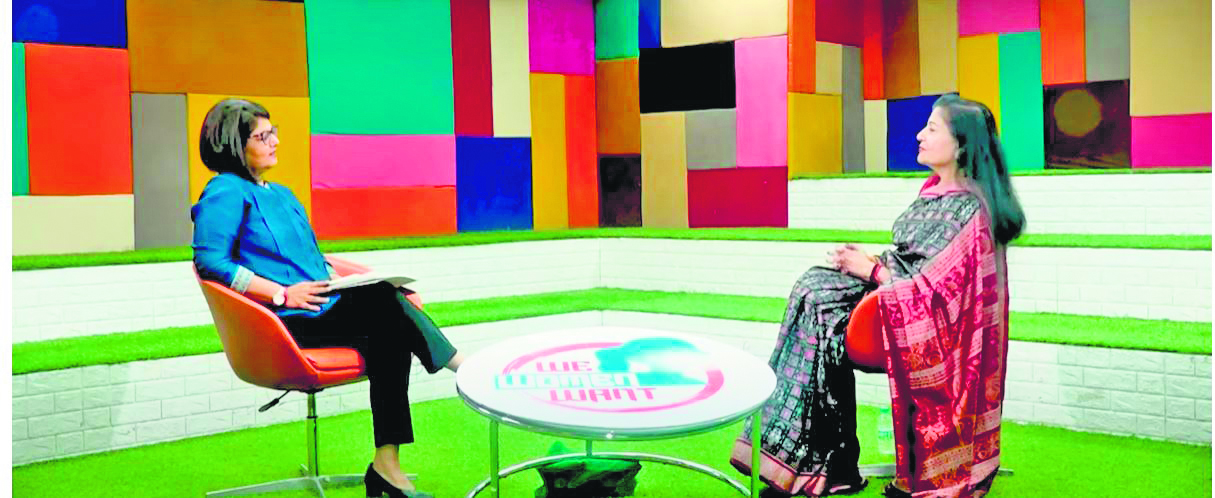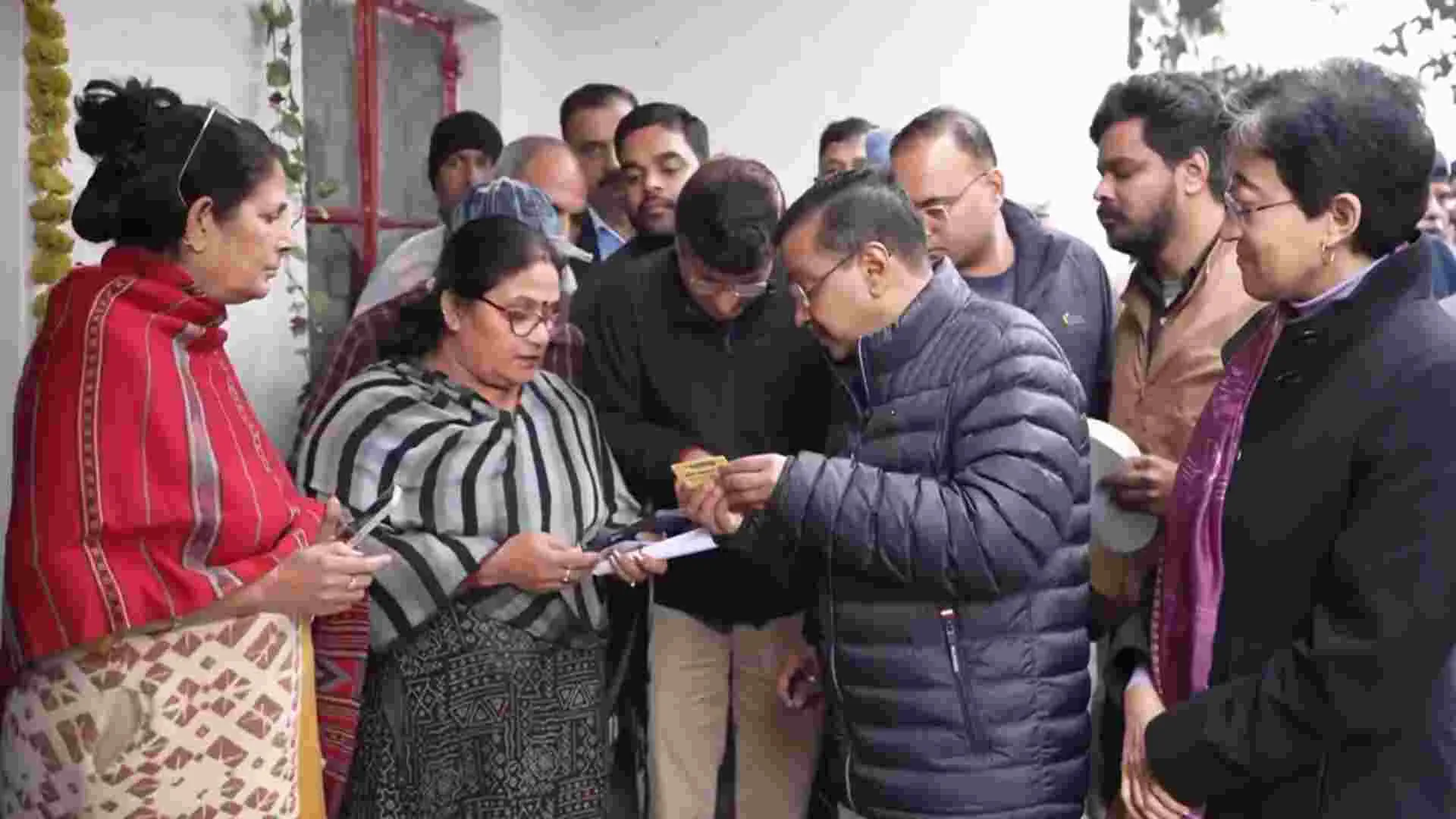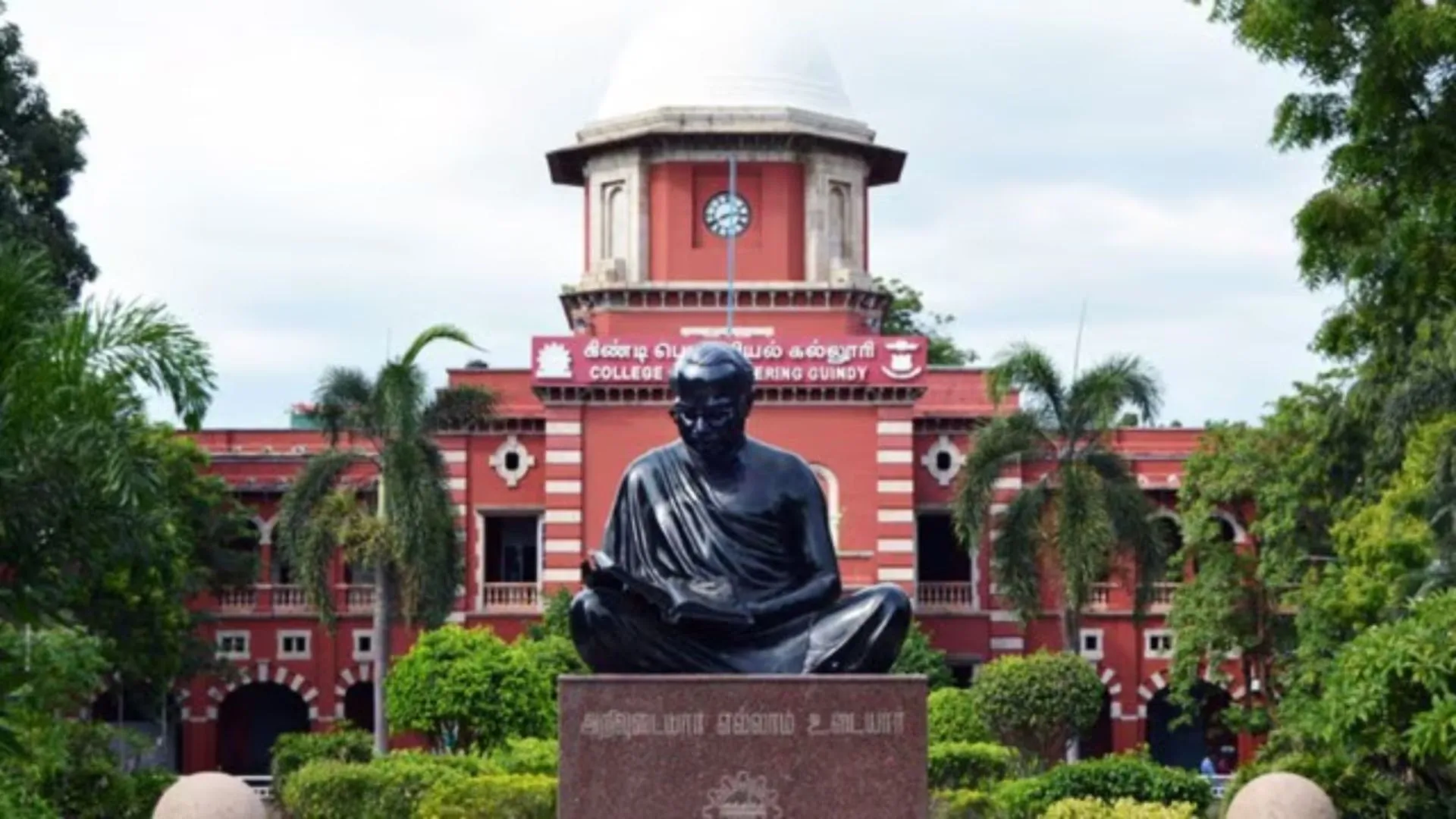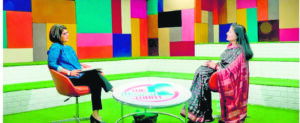Today, we have the honor of hosting Lakshmi Puri, a distinguished individual who has held various significant positions. She served as the former Assistant Secretary-General at the United Nations, the former Executive Director of UN Women, and the former Indian Ambassador to Hungary. It’s worth noting that she is also married to Cabinet Minister Hardeep Singh Puri.
Excerpts
Q: What inspired the concept of a feminist foreign policy, and how has it evolved over time?
A: The concept was introduced by the Swedish foreign minister in 2014, met initially with skepticism. Feminist foreign policy involves recognizing the equality and full humanity of women and men, emphasizing women’s needs, interests, and their engagement in policy-making.
Q: How has the idea of feminist foreign policy been embraced globally, and what is its significance?
A: Currently, around 13-14 countries have adopted some form of a feminist foreign policy. It is about being pro-women, not necessarily anti-men, and giving equal value to women’s needs and interests. It emphasizes women’s voice, participation, and leadership in foreign policy.
Q: How does India fit into the concept of feminist foreign policy, and what progress has been made?
A: India, under Prime Minister Modi, has demonstrated aspects of a feminist foreign policy. It aligns with the normative principles of rights, representation, and resources. The focus is on projecting women-centric development as part of brand India in foreign policy, including development assistance to other countries.
Q: What are the key aspects of a feminist foreign policy, and how is India implementing them?
A: The three aspects are rights, representation, and resources. In terms of rights, India projects its commitment to women’s development domestically and internationally. Representation involves advocating for women’s rights in global forums, such as the UN Security Council. Resources pertain to gender mainstreaming in development assistance, including dedicated courses on gender studies and awareness.
Q: How does India contribute to women’s rights on the international stage, especially in peacekeeping efforts?
A: India supports resolutions like UN Security Council Resolution 1325 on women, peace, and security. India has sent women peacekeeping contingents to countries like Liberia, showcasing its commitment to promoting women’s rights in conflict zones.
Q: How are foreign policy institutions and other ministries involved in implementing a feminist foreign policy in India?
A: Foreign policy institutions play a crucial role, and other ministries, such as the Commerce Ministry, are involved in reframing policies to align with feminist principles. India is also gender mainstreaming its development assistance through agencies like the International Development Cooperation Agency.
Q: How are foreign policy institutions and external-facing ministries in India contributing to women’s representation in the international arena?
A: Foreign policy institutions are crucial for women’s representation in international relations. About 30% of women are at the under-secretary level, and India has appointed women ambassadors to strategic positions worldwide. Glass ceilings and walls are being broken, with the first woman permanent representative to the United Nations in New York. Ministries with an external face, such as the Commerce Ministry, also play a role in this ecosystem. While progress is evident, challenges persist in determining the types of negotiations and roles for women in international engagements.
Q: What is the current status of women’s participation and leadership in the Ministry of External Affairs (MEA) and international relations?
A: In MEA, about 30% of women are at the under-secretary level, and 24 women hold ambassadorial positions globally. The first woman permanent representative to the UN, Rira Kambo, has been appointed. However, challenges remain in deciding the roles and negotiations suitable for women in different areas of international relations.
Q: How has MEA supported women in terms of equal opportunities, leave policies, and promotions?
A: MEA has been an equal opportunity employer, accommodating tandem couples and offering excellent leave policies. While promotion discrimination is not widely observed, there is a need for temporary special measures to accelerate gender parity at different levels.
Q: What has been the high watermark of India’s feminist foreign policy, and how was it demonstrated in the G20 summit?
A: The G20 summit was a significant moment for India’s feminist foreign policy. The Delhi declaration, where India prioritized women-led development during its G20 presidency, marked a high watermark. The Delhi declaration’s outcome, the most substantive and extended dedication to women-led development in the G20 leaders’ declaration, highlighted the concept’s integration into the G20 lexicon.
Q: How has India institutionalized the concept of women-led development in its foreign policy?
A: India’s feminist foreign policy emphasizes full, effective, meaningful, and equal participation of women as decision-makers in all spheres, including foreign policy. The G20 summit and the Delhi declaration consecrated India’s concept of women-led development into the G20 lexicon, making it a priority theme during its presidency.
Q: What breakthrough has been achieved with the recent passing of the Women’s Reservation Bill, and how does it address intersectionality?
A: The Women’s Reservation Bill, after 27 years of effort, provides 33% reservation for women in assembly and parliament seats. It also includes 33% reservation for scheduled castes and scheduled tribe women, addressing the concept of intersectionality. India’s commitment to the Convention on the Elimination of All Forms of Discrimination Against Women (CEDAW) reinforces the need for temporary special measures for gender parity.
Q: How can the Women’s Reservation Bill be a catalyst for economic, social, and political transformation in India?
A: The bill should be a transformative force, acting as a strong catalyst for economic, social, and political change. It has the potential to bring about a mindset shift and accelerate gender parity beyond constitutional guarantees. The focus should now be on creating women leaders, starting from family and community contexts, and building a network of women leaders.
Q: What steps are needed to encourage women to come forward and aspire to leadership roles?
A: Women must be encouraged to aspire to leadership roles from an early age. Initiatives should include educational and training programs and the creation of networks of women leaders. Utilizing existing networks like self-help groups and leveraging local leadership at the village and district levels are essential for building constituencies.
Q: How can institutions like Parliament and State Assemblies be engendered and made gender-sensitive?
A: Institutions like Parliament and State Assemblies need to undergo gender sensitization through training programs. Political parties should implement quotas for women candidates and actively embrace women candidates. Engendering institutions will lead to transformative changes in the quality of governance and lawmaking.
Q: Can you share insights on your personal story, especially regarding your marriage and overcoming objections?
A: Well, yes, we met in the foreign service, and within three months, we decided to get married. Our story involves overcoming objections, similar to my mother’s experience of marrying out of caste. It reflects the journey of two individuals committed to each other despite societal challenges.
Q: How did your marriage with your husband, who was also in the foreign service, face initial resistance, and how did you overcome objections from both sets of parents?
A: We decided to get married within three months, being the youngest in our batch. Initially, his parents were resistant due to perceived cultural clashes, despite both of us being born and brought up in Delhi. My parents also hesitated initially. We stood firm, even registering our marriage at the court when objections persisted. Eventually, they came around, realizing the determination of our love, and we celebrated together.
Q: Were you and your husband in Delhi University together, and did you meet during that time?
A: Yes, we were both in Delhi University but did not meet during that time.
Q: How did you handle challenges such as separate postings and doubts about the longevity of your marriage?
A: Challenges like separate postings and doubts about the longevity of the marriage were present. Children sometimes faced difficulties due to frequent moves, but there are no regrets. The commitment and sticking to beliefs have been crucial for the enduring relationship, now going to be 48 years.
Q: Did you face any challenges or doubts regarding changing your name after marriage?
A: There were discussions about whether I should keep my maiden name or not. Optically, I chose not to raise unnecessary red flags. The decision was made considering practical aspects, such as the difficulty of pronunciation in the Foreign Service. However, my daughters later asked why I didn’t keep my maiden name.
Q: How do you view the concept of changing names and labels, and what advice would you give to the next generation?
A: The focus should be on walking the talk rather than changing labels. My granddaughter has kept both her mother’s and father’s names, reflecting the evolving choices in the next generation.
Q: How long have you been married, and do you have any regrets or reflections on your journey?
A: The marriage has been going on for almost 48 years, and there are no regrets. Sticking to beliefs and commitments has been instrumental in the enduring relationship.








